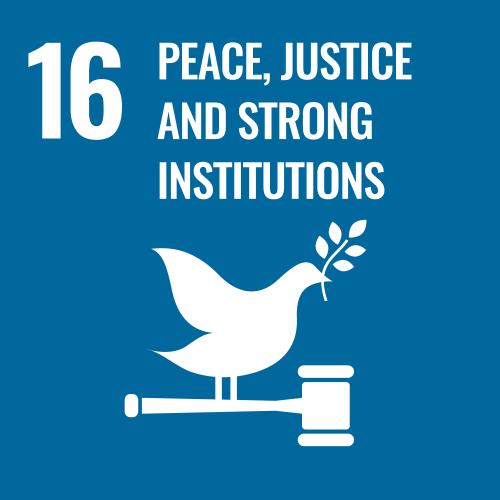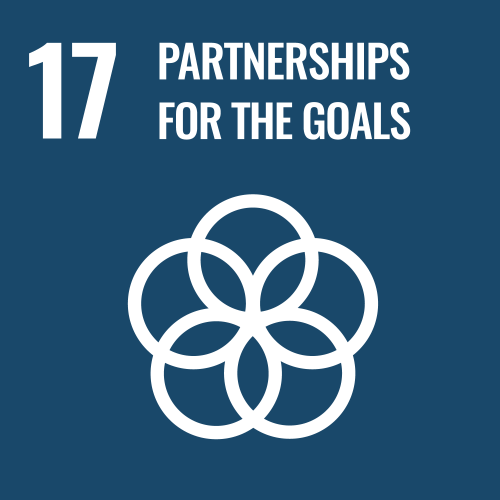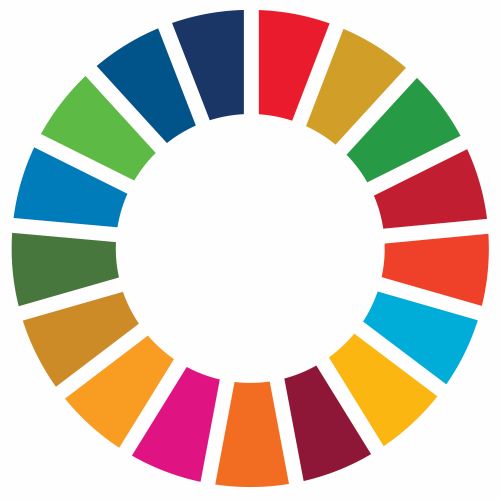
26/06/2024
Peruvian Interior Ministry and EU complete technical assistance to prevent the flow of cocaine from Peru to the United States, Europe, and Asia.
Cooperation between the Peruvian Ministry of the Interior and the European Union, through the Spanish Civil Guard, has resulted in the study “Vulnerabilities of ports in relation to the fight against illicit maritime drug trafficking.” This study has identified the challenges faced by agencies responsible for controlling drug trafficking in Peru’s river and maritime ports.
During this initiative, two technical experts from the Civil Guard visited the ports of Callao, Iquitos, and Chancay, collecting information from agencies involved in combating illicit drug trafficking in ports, such as the Anti-Drug Directorate (Dirandro) of the National Police, the National Port Authority (APN), the National Ports Company (Enapu), the National Superintendence of Customs and Tax Administration (Sunat), the General Directorate of Captains and Coast Guard, and the Prosecutor’s Office specializing in Illicit Drug Trafficking. All these bodies play a crucial role in efforts to combat drugs in Peru.
 As part of the project “Support from the forces of law of the European Union in the fight against drugs and organised crime in Peru“, a comprehensive review of national legislation and documentation related to the management of the country’s maritime and river ports has been conducted. In line with this, objectives have been set to establish a port intelligence team within the Police Intelligence Directorate. Proposals have also been made for the creation and operation of inter-institutional port intelligence teams to collect and analyze information from secondary ports, in direct collaboration with the Global Container Control Programme promoted by UNODC. Additionally, mechanisms have been developed for the exchange of information with other security agencies, customs, port authorities, and international organizations.
As part of the project “Support from the forces of law of the European Union in the fight against drugs and organised crime in Peru“, a comprehensive review of national legislation and documentation related to the management of the country’s maritime and river ports has been conducted. In line with this, objectives have been set to establish a port intelligence team within the Police Intelligence Directorate. Proposals have also been made for the creation and operation of inter-institutional port intelligence teams to collect and analyze information from secondary ports, in direct collaboration with the Global Container Control Programme promoted by UNODC. Additionally, mechanisms have been developed for the exchange of information with other security agencies, customs, port authorities, and international organizations.
 The assessment also includes an analysis of the potential to implement measures to harmonize security against drug trafficking under the “Port Alliance” plan, emphasizing collaboration and coordination among actors involved in criminal networks, port authorities, and maritime transport companies. Proposals have also been made for the prevention and prosecution of corruption offenses committed by port officials.
The assessment also includes an analysis of the potential to implement measures to harmonize security against drug trafficking under the “Port Alliance” plan, emphasizing collaboration and coordination among actors involved in criminal networks, port authorities, and maritime transport companies. Proposals have also been made for the prevention and prosecution of corruption offenses committed by port officials.
The Directorate General against Organized Crime (DGCO) of Mininter, members of the Spanish Civil Guard, European experts, the executive president of the National Commission for Development and Life without Drugs (DEVIDA), Carlos Figueroa, the European Union Cooperation Attaché, Cristina Fernandez, the director of Drug Control and Illegal Crops of the DGCO, Fredy Roncal, among others, participated in this technical assistance.


